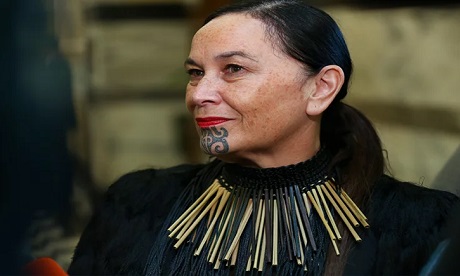Amending the End of Life Choice Act to safeguard people with disabilities is a priority for Te Pāti Māori.
The End of Life Choice Act, which legalised euthanasia in 2019, has insufficient safeguards, Te Pāti says.
It wants to amend the Act to ensure disabled people are not targeted.
The moves are part of Te Pāti’s new wide-ranging “disability policy”.
Te Pāti’s co-leader Debbie Ngarewa-Packer, says the policy responds to systemic racism and the country’s inequitable treatment of disabled people.
“We are committed to being a movement that leaves nobody behind and being a voice for those who are constantly being marginalised in Aotearoa.”
Te Pāti Māori is committed to ensuring disabled people are treated with dignity and respect, with their rights upheld, she says.
It also intends to establish a Mana Hauā (Disability Rights) Authority to direct 25 percent of all disability funding.
In addition, the new policy package aims to ensure Māori disability groups are included when all disability-related policy and legislation is being developed.
Addressing the unequal support disabled people receive from the ACC and the Ministry of Health is another policy feature.
Currently, people born with disabilities receive less support from the Ministry of Health than people with accident-related disabilities whom the ACC supports and building standard reform is on the agenda to ensure they are fully accessible.
Currently, only commercial buildings need to provide accessibility for disabled people. Residential builds do not.
Te Pāti’s policy proposes retrofitting existing State homes to meet universal design standards to ensure they are wheelchair-accessible.
Finally, income support abatement rates for disabled people earning an income would be abolished. So would reductions in income support when disabled people enter relationships.
Source
